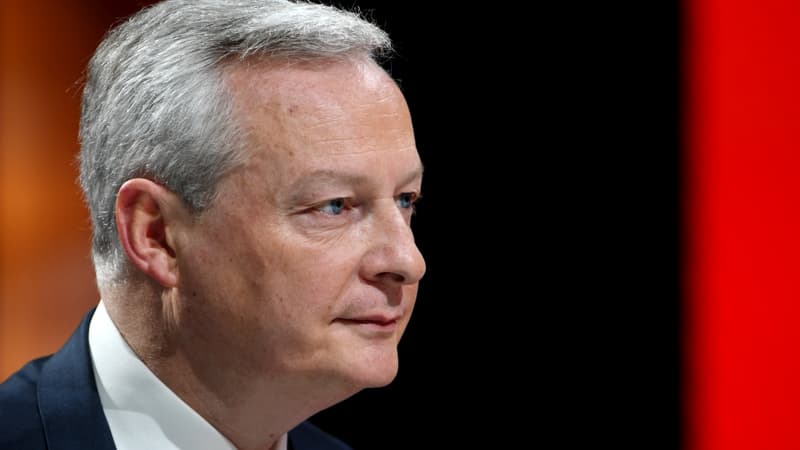Bruno Le Maire does not want to listen to the justifications of the influencers. Last week, the General Directorate for Competition, Consumption and Fraud Prevention (DGCCRF) forced six influencers to publish a precautionary measure on their social networks to stop their deceptive commercial practices.
The six complied, before giving themselves to the explanations to their communities. In their speeches one point is repeated: they felt that they had not done anything very serious. “As this injunction is only because I forgot to put the ‘sponsored’ hashtag, it’s not a drama compared to other people who have done real scams, real robberies. I didn’t steal from anyone,” for example, Simon Castaldi said on BFMTV on June 2.
Not so serious crimes?
Bruno Le Maire doesn’t hear it like that. “The precautionary measures have been established by law and it is not up to the people who have committed crimes to assess whether it is serious or not serious,” said the Minister of Foreign Affairs for the Economy at Tech&Co on Friday.
“It corresponds to the law, it corresponds to the General Directorate of Competition, Consumption and Fraud Prevention and it corresponds to justice” to do so, he added, while leaving an exchange with influencers during a meeting. organized by AD Crew agency.
Among the influencers pinned last week, Capucine Anav said she was “sorry about these mistakes” in an Instagram story, however, she stressed to her subscribers that “these are not mistakes that impacted you.” Anthony Matéo, for his part, said that he had “never robbed anyone” and regretted that the DGCCRF has not yet attacked “true Internet bandits”.
In particular, they were penalized for not having indicated that they were carrying out a paid collaboration after having advertised anti-radiation patches claiming never-proven efficacy, or for having promoted hyaluronic acid injections performed by a beautician (and not a doctor as required by law to these acts).
“Protect those who play the game”
As a warning, Bruno Le Maire recalled this Friday that influencers who “cheat with the law” incur penalties of up to 300,000 euros in fines and two years in prison, as specified by the Law on influence trading approved by Parliament. on 1st June.
The Ministry of Economy intends to intensify controls in this area thanks to the “commercial influence brigade” of the DGCCRF announced in March, whose contours, however, remain very vague, as explained by Mediapart on Thursday.
The minister also highlighted that the influencers sector “creates a lot of value, a lot of wealth for the country, it also allows hiring, generating employment.” And that many content creators have been following the rules for several years.
And to hammer: “I repeat it: all those who say, ‘no matter what we have done’, it is not up to them to judge. There is justice for those and for us. We are also here to protect those who play.” by the rules.”
Source: BFM TV


